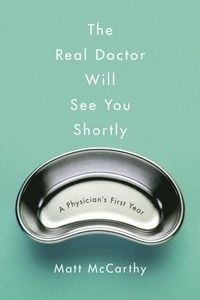
Liknande böcker
Patients, power and the poor in eighteenth-century Bristol
Bok av Mary E. Fissell
In early modern England, housewives, clergymen, bloodletters, herb women, and patients told authoritative tales about the body. By the end of the eighteenth century, however, medicine had begun to drown out these voices. This book uses patients' perspectives to argue that changes in the relationship between rich and poor underlay this rise in medicine's authority. In a detailed examination of health, healing, and poor relief in eighteenth-century Bristol, the author shows how the experiences of the hospitalized urban poor laid the foundations for modern doctor-patient encounters. Within the hospital, charity patients were denied the power to interpret their own illnesses, as control of the institution shifted from lay patrons to surgeons. Outside the hospital, reforms of popular culture stigmatized ordinary people's ideas about their own bodies. Popular medicine became working-class medicine, associated with superstition and political unrest.







